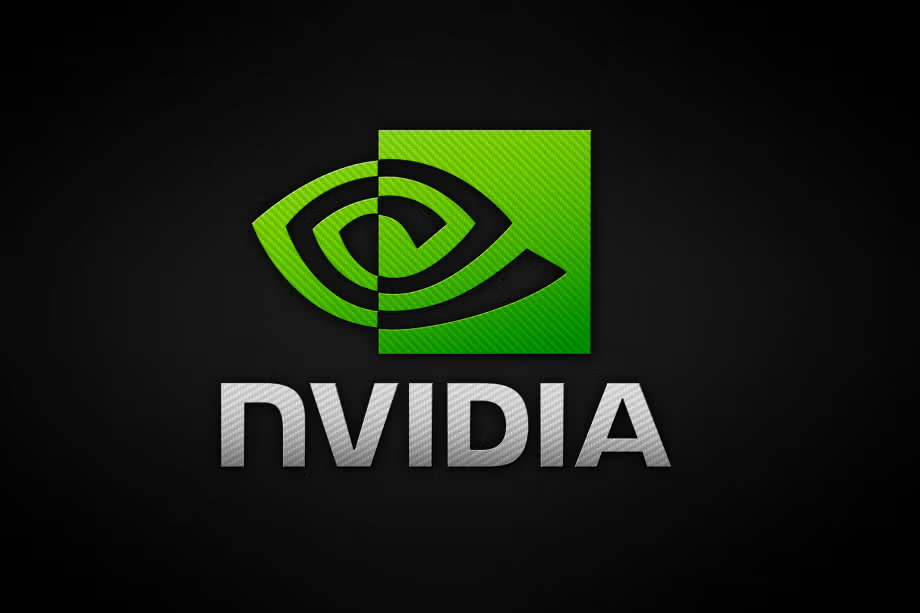The tightening of U.S. chip sales restrictions to China is poised to cost Nvidia billions of dollars, significantly impacting the company's revenue and market position. The latest development involves the requirement of export licenses for Nvidia's H20 AI chip, which was specifically designed to comply with previous export control measures. This move by the U.S. government reflects ongoing concerns about the potential use of advanced chips in Chinese supercomputers and military applications.
Nvidia anticipates a $5.5 billion charge in its first-quarter earnings due to these new restrictions. This charge accounts for costs related to inventory, purchase commitments, and related reserves associated with the H20 chip. The company's shares have already reacted negatively, with a tumble in after-hours trading, reflecting investor apprehension about future growth prospects.
The H20 chip, based on the Hopper architecture, was developed to meet previous U.S. export restrictions while still catering to the Chinese market. It features slower interconnection speeds and bandwidth compared to Nvidia's H100 and H200 GPUs, which are sold in the U.S. and other countries. Despite its lower performance, the H20 still saw solid demand in China, with major tech firms like ByteDance, Alibaba, and Tencent placing orders.
These restrictions are not entirely new. Since late 2022, the U.S. government has been progressively tightening performance caps on AI accelerators sold to China, causing Nvidia to re-engineer its chip designs to comply. The current clampdown extends to any circuits achieving the H20's memory bandwidth, interconnect bandwidth, or a combination thereof. The U.S. government has indicated that the license requirement will remain in effect indefinitely to prevent the chips from being used in Chinese supercomputers.
Analysts predict that the lost China revenue will limit Nvidia's gains throughout 2025. China sales accounted for a significant portion of Nvidia's revenue in the past. The company's fourth-quarter revenue, China sales accounted for around 14%, with a large portion tied to H20 shipments. The inability to sell H20 chips in China will undoubtedly impact Nvidia's overall financial performance.
The U.S. restrictions on Nvidia's exports to China could reshape the entire semiconductor industry. Other U.S. chip companies with significant China exposure, such as AMD and Intel, may face similar restrictions in the future if tensions continue to escalate. This situation accelerates the trend toward regional semiconductor ecosystems rather than a truly global supply chain. China is also pushing for domestic alternatives, encouraging local tech companies to use chips from companies like Huawei.
To mitigate the impact of these restrictions, Nvidia may explore new markets and boost production at home to reduce its reliance on global sales. The company might also focus on developing more advanced chips that are not subject to export controls. However, the long-term implications of these restrictions remain uncertain. They pose challenges for Nvidia's dominance in the AI and data center chip markets and could lead to increased competition from local players in China.

















